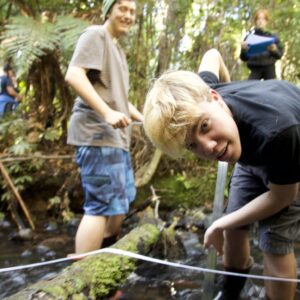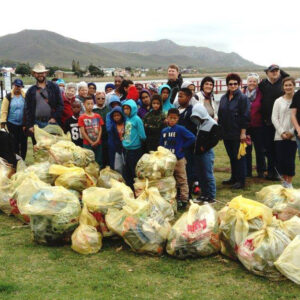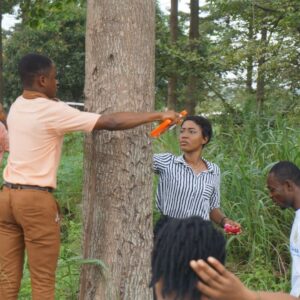
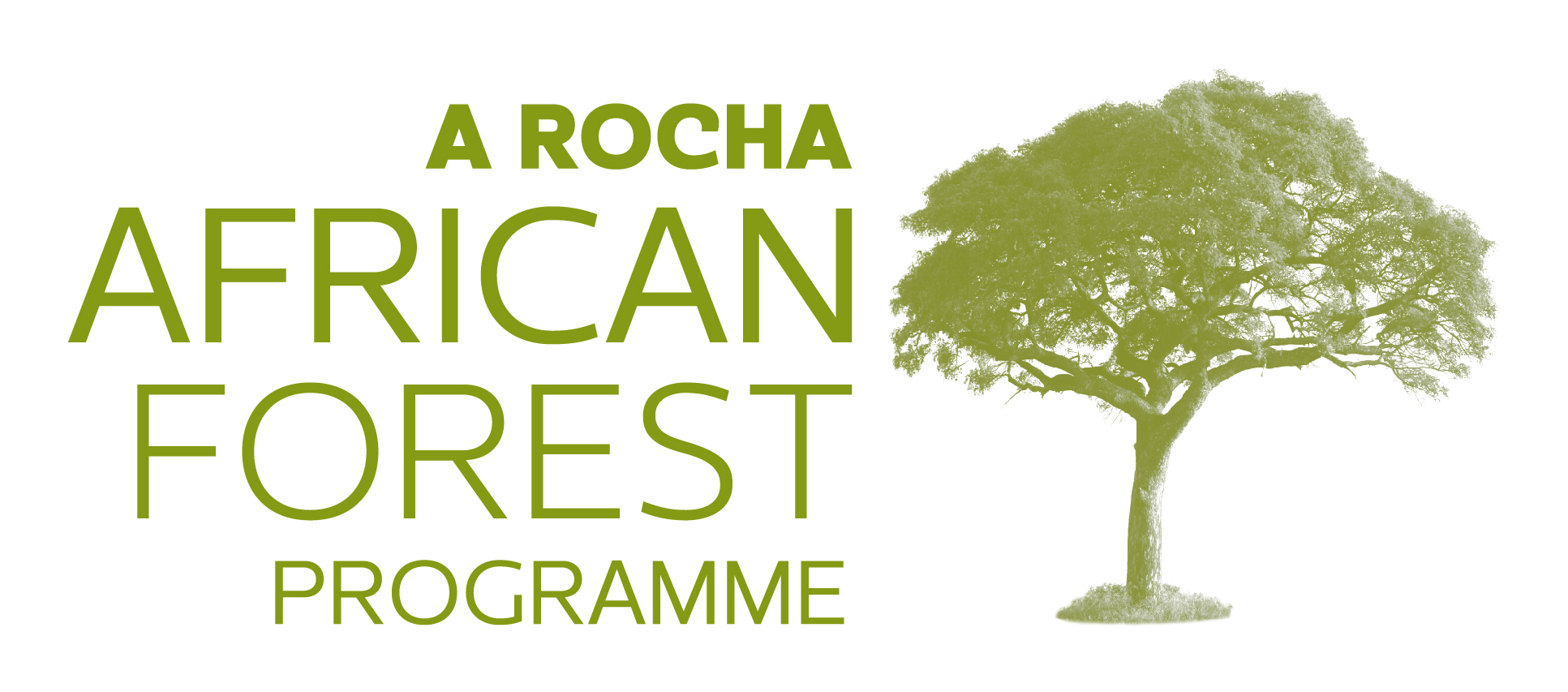
Tropical forests across Africa are under relentless pressure. If the forests don’t flourish, neither do the people nor the wildlife that depend on them.
On the 5th June 2021, on World Environment Day, the UN launched its Decade on Ecosystem Restoration, a global rallying cry to heal our planet. The message is simple and serious. If we do not start the healing process now, the future is likely to be far dimmer for us and our children.
A Rocha International has been involved in forest conservation in Africa for 30 years. In the African landscapes in which A Rocha works, the pressure on the forests is relentless, driven by ever increasing demand for resources, locally and internationally. If the forests don’t flourish, neither do the people nor the wildlife that depend on them.
As you look across the continent there is a clear movement and desire to protect the remaining forests, restore degraded landscapes and allow nature to help us to fight climate change.
Conservation is about hope. Through the work of our African Forest programme this is expressing itself in several ways.
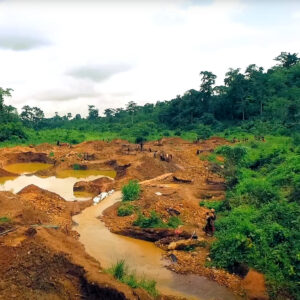 Atewa Forest in Ghana is home to many birds, mammals, reptiles, butterflies and amphibians which are either threatened or found nowhere else. It is home to more than 100 species currently at risk of extinction. A Rocha scientists discovered this includes the Endangered White-naped Mangabey Cercocebus lunulatus, a rare species of monkey.
Atewa Forest in Ghana is home to many birds, mammals, reptiles, butterflies and amphibians which are either threatened or found nowhere else. It is home to more than 100 species currently at risk of extinction. A Rocha scientists discovered this includes the Endangered White-naped Mangabey Cercocebus lunulatus, a rare species of monkey.
Five million people depend on the forest for a clean water supply. There are plans to extract bauxite – the ore of aluminium – from the Atewa Hills. A Rocha Ghana takes the lead in the campaign to protect it from mining, and for it to become a national park. Read more about the Atewa Forest campaign.
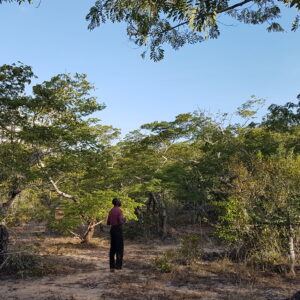 Dakatcha is part of the fragmented coastal Forests of Eastern Africa. It is one of the ten most threatened forest hotspots in the world.
Dakatcha is part of the fragmented coastal Forests of Eastern Africa. It is one of the ten most threatened forest hotspots in the world.
The growing population depends on forest resources for their livelihoods including energy, food and construction materials. Much of the area has been damaged by charcoal burners and for timber, but some remains untouched.
A Rocha’s survey work has revealed a yet rich and diverse wildlife population with good numbers of the endemic Golden-rumped Sengi Rhynchocyon chrysopygus among 24 species of mammals, 200 birds and over 90 butterfly species – and counting.
Government has started assigning formal land titles in Dakatcha. This has resulted in a frenzy of land purchasing by speculators from far and wide – and an unprecedented level of destruction of this unique forest and its wildlife. There is an urgent need to secure what remaining forest there is before it is destroyed. Read more about Dakatcha Woodland.
What are the planned outcomes of this work?
A Rocha also works to protect the forests of Kwande-Obanliku, Nigeria and the West Bugwe Forest, Uganda, so four landscapes across the African continent benefit from our collaborative and learning approach. As a result of A Rocha’s work:
- 50,000 hectares of biodiversity-rich forest across Ghana, Nigeria, Uganda, and Kenya are better valued, understood, connected and cared for;
- Local communities are supported in sustainable development initiatives;
- Our efforts draw on and contribute to global sustainability efforts
What can I do?
Will you fund the forests to secure their future and the future of all who depend on them? Forests take a lifetime to grow, and a day to destroy. Our action now will have consequences for generations to come.
A Rocha’s approach to this work
Our Christian identity often differentiates us from many other conservation organizations. We believe that it is a completely normal part of the Christian life to care for the natural world. In practice, this has allowed us to develop approaches, alongside conventional practices, to make advances where more secular organizations have not, working with churches to conserve the environment for example. Yet importantly, in all situations, across all our projects, we are respectful of others and their worldviews and work daily with people of all faiths and none.
A Rocha has a strong commitment to the places where we work, anchoring our efforts in landscapes we have come to know well and of which we are a part. This connection to a place reinforced by international exchange under this programme, offer a powerful and lasting approach, as it brings together local, national and international knowledge, practices and networks.
Together, A Rocha wants to learn, share, grow and innovate, making use of the rich diversity of expertise found across its network. Our work is interdisciplinary and collaborative by nature and spans across such disciplines as ecology, forestry, agriculture, education and sustainable economic development. We want to build resilience into the outcomes of our work. We also want to catalyze local, national and international constituencies to act in support of forest conservation.
Get our email updates
We would love to keep you updated by email with new videos and inspiring stories from around the world, as well as opportunities to get involved and make a difference.
Get our email updates
We would love to keep you updated by email with new videos and inspiring stories from around the world, as well as opportunities to get involved and make a difference.
